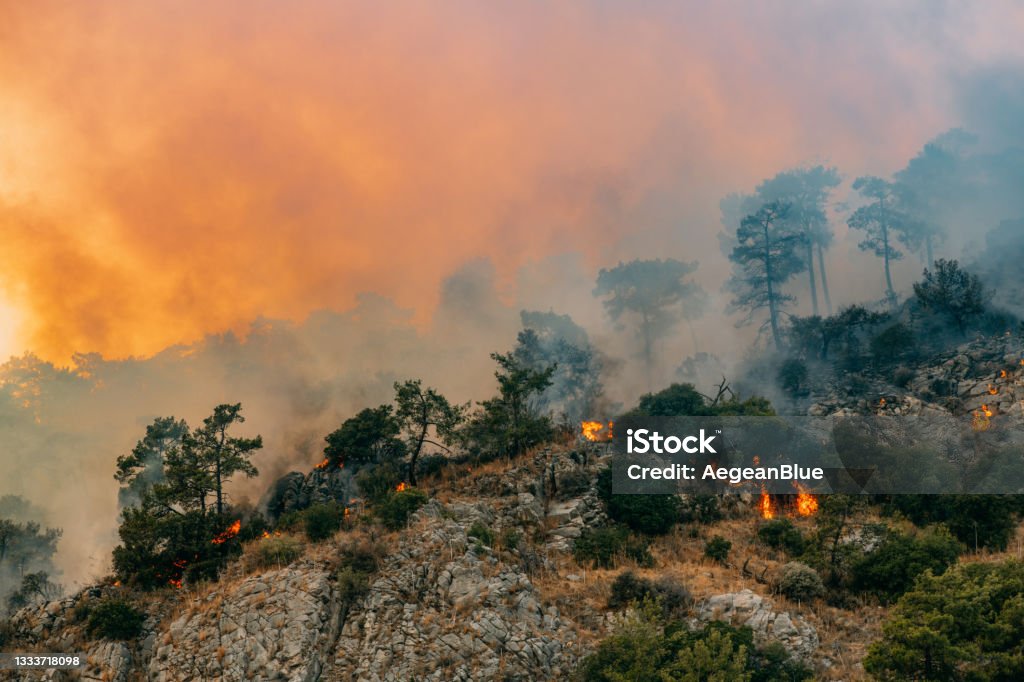Introduction to Collaborative Climate Action
Climate change is a pressing global issue that demands urgent attention. The devastating impact of climate change can be felt across the world, from rising sea levels to extreme weather events. To combat this crisis, collaboration between governments and industries is crucial. In this article, we will delve into the significance of this partnership and explore the various ways in which it can foster effective climate action.

Governmental Policies and Regulations
Governments play a key role in addressing climate change by establishing robust policies and regulations. To create a sustainable future, it is essential for governments to set ambitious emissions reduction goals. By setting clear targets, governments can align their efforts with the mitigation and adaptation measures required.
One vital aspect of government action is the establishment of renewable energy targets. By incentivizing the adoption of renewable energy sources, governments can accelerate the transition to cleaner and more sustainable forms of power generation. Additionally, implementing carbon pricing mechanisms, such as carbon taxes or cap-and-trade systems, can create market incentives for emitters to reduce their carbon footprint.
To encourage sustainable practices, governments should also promote energy efficiency measures. This can include providing tax incentives for green investments and supporting the development of clean technologies. By fostering an environment conducive to innovation, governments can drive the transition to a low-carbon economy.
Furthermore, increasing climate resilience is of paramount importance. Governments should implement measures to combat rising sea levels, such as constructing sea walls or implementing nature-based solutions like mangrove restoration. Enhancing infrastructure to withstand extreme weather events, such as hurricanes or droughts, is also crucial. By investing in climate resilience, governments can protect communities and mitigate the potential damages of climate change.
Industry Engagement and Collaborative Initiatives
Aside from governmental action, industries must also play a pivotal role in addressing climate change. Transitioning to sustainable business practices is an essential step towards mitigating the impact of industries on the environment. By incorporating circular economy principles, which emphasize reusing and recycling materials, industries can reduce waste and minimize their carbon footprint. Adopting renewable energy sources is another significant way in which industries can contribute to climate action. By shifting away from fossil fuels, businesses can significantly reduce their greenhouse gas emissions.
To foster collaboration and innovation, public-private partnerships are essential. By working together, governments and industries can pool their resources and knowledge to drive clean technology research and development. Sharing best practices for sustainable production processes is also crucial for industries to learn from one another and adopt more environmentally friendly methods. Establishing knowledge sharing platforms can facilitate the exchange of information and enable stakeholders to collaborate effectively.
Corporate transparency and accountability are vital factors in ensuring industry engagement in climate action. By disclosing their environmental impact and sustainability initiatives, companies can be held accountable for their actions. This transparency encourages responsible sourcing and consumption, and also allows stakeholders to engage with businesses and provide feedback or suggestions for improvement. It is through this collective effort that industries can truly make a significant impact on combating climate change.
Overcoming Challenges in Collaboration
While collaboration between governments and industries is necessary, it is not without its challenges. Bridging the gap in understanding and knowledge is a crucial first step. Enhancing communication channels between stakeholders can facilitate a better understanding of each other’s perspectives and goals. Additionally, promoting awareness and education on climate issues through workshops and training programs ensures that everyone is equipped with the necessary knowledge to drive meaningful change.

Addressing conflicting interests and priorities is another challenge that must be overcome. Facilitating dialogue and negotiation processes can help stakeholders identify shared goals and find common ground. This inclusive approach ensures that everyone’s concerns are taken into account, and fair and equitable decision-making mechanisms are established.
Equitable outcomes are essential in climate action. It is important to mitigate disproportionate impacts on vulnerable communities, as climate change tends to affect them disproportionately. Designing inclusive policies that consider social justice is crucial to ensure that no one is left behind. Additionally, enabling capacity building and providing financial support to developing nations can empower them to actively participate in climate action.
Summary and FAQs
In summary, fostering effective climate action requires collaboration between governments and industries. Governments must create robust policies and regulations that set ambitious emissions reduction goals, establish renewable energy targets, and increase climate resilience. Industries must transition to sustainable business practices, engage in collaborative initiatives, and demonstrate transparency and accountability. Overcoming challenges in collaboration involves bridging the gap in understanding, addressing conflicting interests and priorities, and ensuring equitable outcomes for all.
FAQ:
Q: Why is collaboration between governments and industries important for climate action?
Collaboration between governments and industries is vital as it combines the regulatory power of governments with the resources and innovation capabilities of industries. This partnership enables a more comprehensive and effective approach to addressing climate change.
Q: What are some examples of sustainable business practices?
Sustainable business practices can include adopting renewable energy sources, reducing greenhouse gas emissions in supply chains, and incorporating circular economy principles that prioritize reusing and recycling materials.
Q: How can governments increase climate resilience through adaptation strategies?
Governments can increase climate resilience by implementing measures to combat rising sea levels, enhancing infrastructure to withstand extreme weather events, and investing in nature-based solutions such as mangrove restoration or reforestation.
Q: How can conflicting interests between governments and industries be addressed?
Conflicting interests can be addressed through dialogue and negotiation processes that facilitate understanding and identify shared goals. By establishing fair and equitable decision-making mechanisms, the concerns of all stakeholders can be taken into account.
Q: What steps can industries take to demonstrate transparency and accountability in climate action?
Industries can demonstrate transparency and accountability by disclosing their environmental impact and sustainability initiatives. This allows stakeholders to hold them accountable for their actions and encourages responsible sourcing and consumption.
Q: How can collaboration ensure equitable outcomes for all?
Collaboration can ensure equitable outcomes by mitigating disproportionate impacts on vulnerable communities, designing inclusive policies that consider social justice, and providing capacity building and financial support to developing nations.

